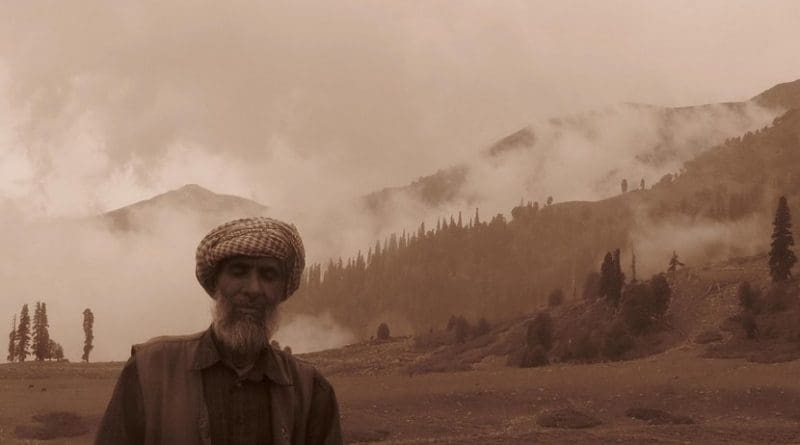Ditching Kashmir Through Cross-Border Shelling – OpEd
By Mazhar Iqbal
Indian and Pakistani armies exchanged firing on the Line of Control (LoC) in disputed state of Jammu & Kashmir on Monday night. The information on number of casualties and injuries during this incident was unavailable till Tuesday night. However, the incident has been confirmed by a number of independent news sources quoting Indian and Pakistani officials.
The ceasefire violation in a heavily militarized zone has occurred just after a few days of a renewed pledge for resolution of all outstanding issues between India and Pakistan including Kashmir. During Indian foreign minister’s visit to Islamabad, Pakistan Foreign Minister Hina Rabbani Khar had suggested that Islamabad was willing to view Kashmir from “another angle”.
It was a clear sign of a renewed policy on Kashmir and people of both countries were hopeful that India would be happy over this change of mind. It was also suggested that Pakistan had overcome internal pressure on Kashmir which would pave way for more confidence building measures towards de-escalation of tensions on Jammu & Kashmir. Conversely, this fresh spate of military action has brought suspicion and distrust on both sides.
The Krishna Ghati Sector where this incident happened is also called as Battal Sector by Pakistani forces. The fresh round of retaliatory firing started around 9pm and continued till 2:00am on Tuesday morning. This military zone is around 180 km southwest of Srinagar, the summer capital of Indian- controlled Kashmir and around 150 km from Islamabad- the Pakistan capital.
The Line of Control is an imaginary line spread over an area of about 700km in the state of Jammu & Kashmir which splits the state between India and Pakistan. At some places it divides villages in half, keeping communities bisected and both armies alert around the clock for any untoward situation. The line has been a source of conflict for almost the entire period of both states’ existence.
The exchange of shelling can take place anytime and at any of those heavily militarized piquets, with or without reason. One side may blame other to initiate unprovoked firing and making it an excuse for their own similar action. In past, India has repeatedly been blaming Pakistan for pushing infiltrators and terrorists to carry out activities of sabotage and subversion on Indian side of the disputed state.
Mostly the exchanges of fire take place in mountainous belts close to populated villages where a small public gathering may cause mistrust among local military commanders. In many instances, wedding parties, funeral gatherings and sports events have been targeted by the army troops. The months before and after the arrival of winter traditionally see an increase in the shelling.
International sporting events like cricket matches between India and Pakistan may cause tensions among locally deployed troops and they may resort to firing spree just to celebrate their favourite team’s win. Very often, military spokesmen say the firing from their side was just a retaliation of an unprovoked firing from the other side. Sometimes, a local military commander from Pakistan would tell media that Pakistani troops have “effectively” responded to the Indian shelling. At the same moment, his Indian counterpart would be telling the similar story to the newsmen on his side “we have retaliated effectively to silence the enemy guns.”
But who pays the price? None other than the Kashmiri people.
(The writer is a peace and human rights activist).

